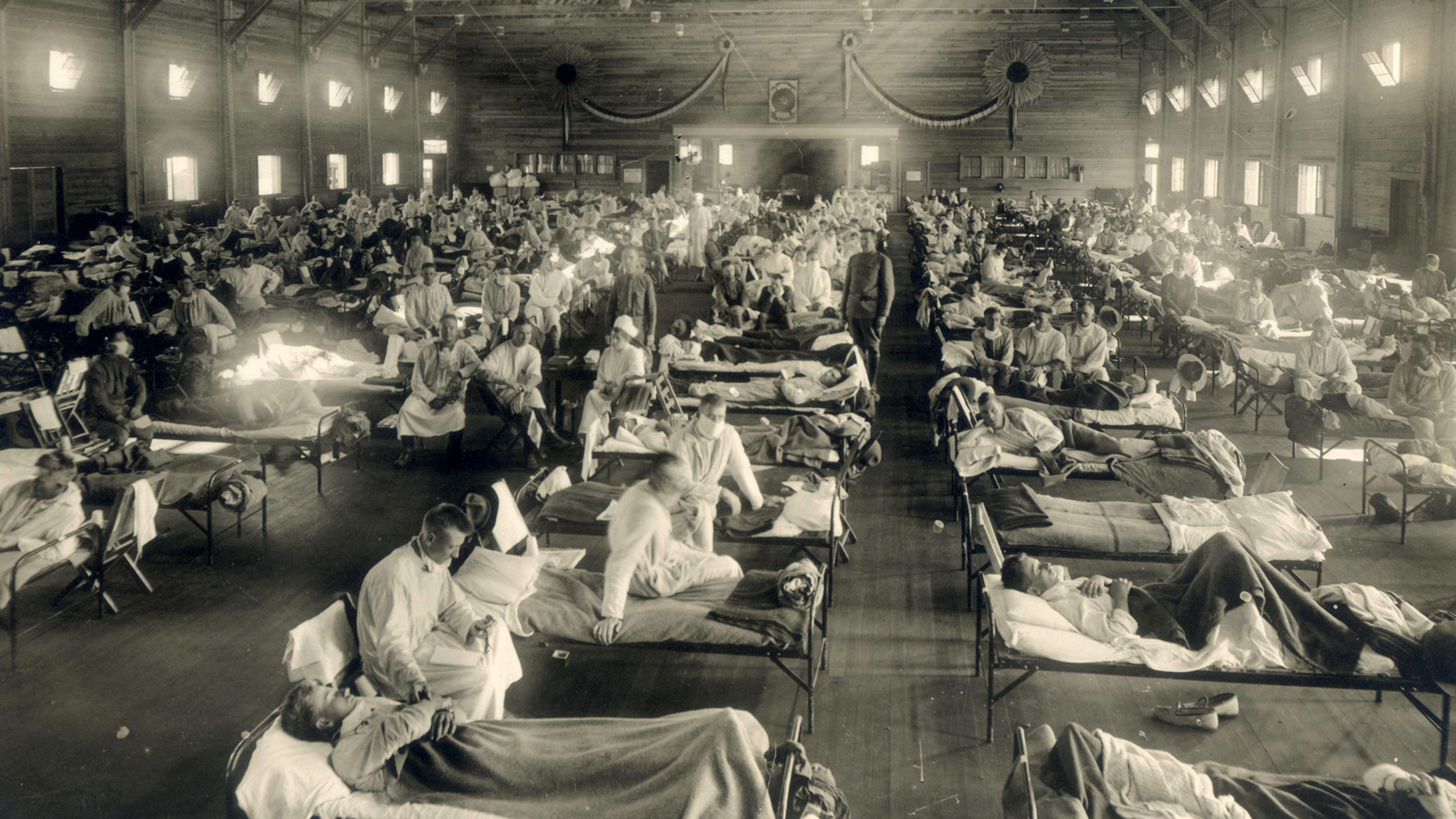One day last week, I went on a hike with a few friends up a mountain. Noting we were breathing hard, one friend shared about an hour into our trek, “It’s also possible to drive up here.”
His comment caused me to remember times in my life when I had driven to a panoramic view. Somehow the view never possessed the ineffable beauty I experienced when I had trudged all the way up to see it.
As we continued walking, and my friends talked about just about the only thing anyone talks about these days (yes, it was the pandemic), the parallel hit me: This has been the largest public health crisis of our lifetimes—barring you are 102 years old. Likely, most of us have never been tested like this before. There have been lockdowns and quarantines; awkward and circumspect attempts at get-togethers; Zoom fatigue; untold tragedy as people we care about become sick and some die—it has not been a cakewalk. It should be no surprise that loneliness, depression, and anxiety have all skyrocketed from pre-pandemic levels.
To derive some meaning from the life challenges we are collectively in the process of confronting, let’s turn the clock back to World War I. Those born before or during this war are known as the “Greatest Generation.” Let’s consider what they endured: from 1914 to 1918, World War I (22 million dead); the Spanish Flu of 1918 (over 50 million dead); the Hoovervilles and immense unemployment of the Great Depression in the 1930s, only to be followed by the unspeakable Nazi atrocities and the US deployment of nuclear bombs in World War II. After all this immeasurable tragedy, what did the Greatest Generation come to experience in their senior years? For many, it was their children dying during the Vietnam War.
This group is called the “Greatest Generation” because they are characterized by integrity, humility, and personal responsibility. Outshining all subsequent generations, they value the collective good and have proven themselves willing to endure great personal sacrifices to win World War II and save the world. How did members of the Greatest Generation stumble on these values? The didn’t. They earned them—by using lessons they learned from hardship to refine what they considered important. As a consequence, they placed a renewed emphasis on family, community, and helping others.
In successive generations, as Harvard professor Robert Putnam documents in his book Bowling Alone, these values have fallen to the wayside. During the 2020 pandemic, valuing our fellow citizens has been superseded, by many, with complaints about mask wearing and the infringement of their individual rights.
Our values have plummeted as concern for others has been replaced by social-media-abetted polarization and capitalism writ so large that the CEO no longer earns eighty times—as he or she did in the 1980s—but now over six hundred times what the janitor takes home to her or his children. In 2018, the top 0.1% earned 196x, what the bottom 90% earned, per year.
The question most of us ask is when will the pandemic be over? While certainly important, perhaps an even more important question—and more within our sphere of influence—is how will we will emerge from the pandemic?
Will we be the same people we were before we locked down earlier this year? This outcome would be like driving up the mountain, learning little from the passage of time, and coasting along in what I call a “diffuse contentment” in which nothing changes.
Alternatively, will we take stock of our long trek up this challenging mountain and learn the lessons it has evoked in our lives—to be better people, to treat each other with kindness, to care for our environment while we can still do something about it for our children?
Social psychologists have found that challenging life events—such as my mentioned walk up the mountain—are more vivid in our minds, easier to recall and more likely to elicit directed action to produce change, than when the good times are rolling.
Therefore, now may be the time to ask ourselves these directive questions. One existential question we can ask ourselves is: Will we become better or worse from our experience during this challenging period of our lives? Further, another question to ask is not when will this course of life “return to normal,” but who will we have become when we emerge from this unconventional and protracted life? Will we return to who we once were, or will we course correct from where we were previously headed to, instead, create a new normal?
Certainly, the pandemic has slowed down life and given us an opportunity to think about what we most value. And in order to become this next “great” generation, we have no alternative but to rise to this particular challenge.
Anthony Silard, Ph.D. is a leadership educator and coach. He has coached G-20 cabinet ministers and CEOs, senior leaders of Fortune 500 companies, and G-20 cabinet ministers. He has taught leadership at the Monterrey Institute of Technology and California State University San Bernardino, and lectured on leadership at Harvard and Stanford. His new book, Screened In: The Art of Living Free in the Digital Age, was released in March 2020.
Recognize your brand’s excellence by applying to this year’s Brands That Matter Awards before the early-rate deadline, May 3.
